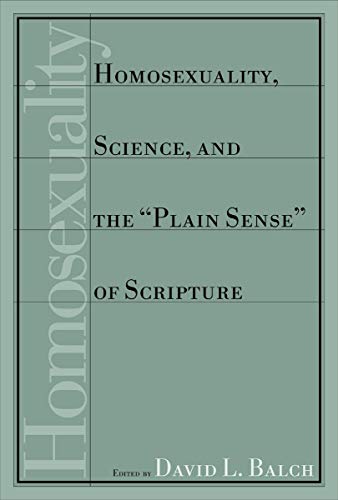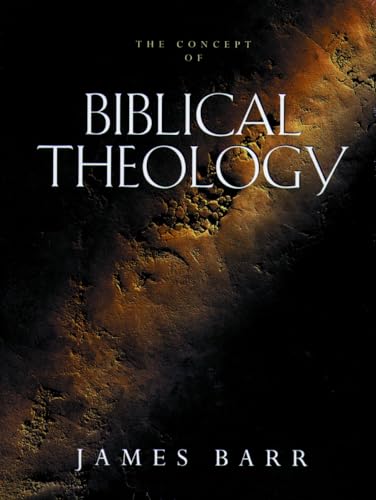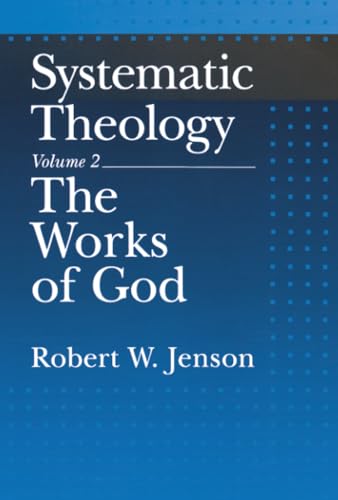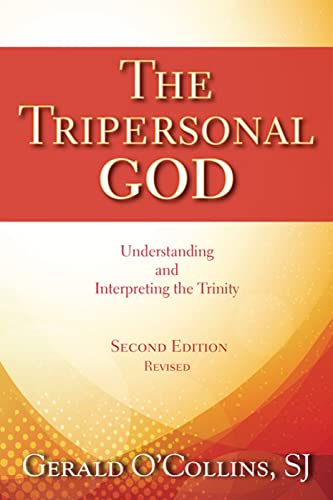Volume 26 - Issue 2
The Last Word
By Robbie F. CastlemanThe year 2001 promises to be a good one for the growing partnership in the gospel between RTSF in North America, the RTSF in the UK and IFES theological student work ‘on the continent’. One manifestation of this is my contribution to the journal as the national co-ordinator of RTSF in the US. This comes at the generous invitation of Carl Trueman whom I met at the IFES European Theological Students’ conference at Schloss Mittersill last August and Daniel Strange, my counterpart and mentor in the UCCF/UK work. We hope that our work together will be good for Themelios on both sides of the ‘puddle’.
I hope to get to know many Themelios readers in the years ahead, so I thought it would be good to introduce myself to you in this first editorial ‘Last Word’. When people ask me what I do, my usual response is, ‘I’m a Bible teacher’. As a theological thinker, it is the Scriptures that ground me. As a person who prays, it is often the Scriptures that provide God’s answers. As a long time staffworker for IFES in the United States, InterVarsity Christian Fellowship it is the Bible that shapes, informs and corrects my work and witness. As a writer, it is always the Word of God that is the bedrock of what I try to say in a new way.
And, the Word of God continues to define the Word of God, our Lord Jesus Christ. Only as we are empowered by the Spirit to be his witnesses in this world do we ever have anything worth saying. I want to use this editorial space in Themelios to reflect on current trends in Biblical, theological, and religious studies scholarship in North America and how they influence, for good or for ill, our calling to be Spirit-empowered witnesses in academy, culture and church. To this end, I offer three grounding ideas:
One, the particularity of the incarnation gives us an immovable fulcrum by which we can witness truly in a world of religious plurality. God became a particular man in the person of Jesus of Nazareth. This fact is inherently anti-relativist. Because Jesus the Son has fully and perfectly represented the Father, creating God in any other image is not possible. ‘He who has seen me, has seen the Father’ (John 14:9). This challenges us to be full of Truth in our witness. We know who God is through the person, life, work, death, resurrection, ascension, and intercession of Jesus. That fact that all this is resting firmly on ineffable paradox confronts us with the need to be equally full of grace in our witness.
This leads to my second grounding idea. The paradox of the incarnation reminds us to be patient, humble and prayerful as we bear witness to Jesus. Remember, even with all the help of Nicea and Chalcedon, church fathers, great saints, dependable manuscripts, original language studies, the presence of the Holy Spirit, the certainty of our own minds and the transformation of our own hearts, we have come to believe something central to our faith that we cannot adequately explain. And, we ask others to believe it, too. The mystery of the incarnation is an illustration of God’s ways and thoughts not being our ways and thoughts (Is. 55:8). That is, of course, what makes it dependable Truth as well as dependent on Grace.
Thirdly, if ‘all good theology ends in doxology’ (Karl Barth), the incarnation is our most compelling call to worship, I actually believe all good theology begins with doxology, too. In the incarnation of the Word made flesh we behold ‘God’s glory, glory as the only begotten of the Father, full of Grace and Truth’ (John 1:14). Worship reminds us that the truth is God’s truth and we must depend on his grace to bear it well in our work and witness. Worship is a demonstration that our work and witness depend on God and not our own gifts, resources or efforts. Worship is the antidote for weariness as well as waywardness.
I will end this brief introduction to my life, mind, and work with a quotation from one of my favourite ‘Brits’, G.K. Chesterton. ‘Paradox is the whole principle of courage’, wrote this lover of the paradoxical statement. Maybe he understood why so often the Lord meets us in the Scriptures with the words, ‘Be not afraid!’. It takes courage to have faith, to rest in the security of God’s paradox, to be pastorally honest about the ‘whys’ we can’t answer and scholastically honest about things we don’t yet understand. And, despite all of our domesticating efforts, it takes courage to worship!
Robbie F. Castleman






